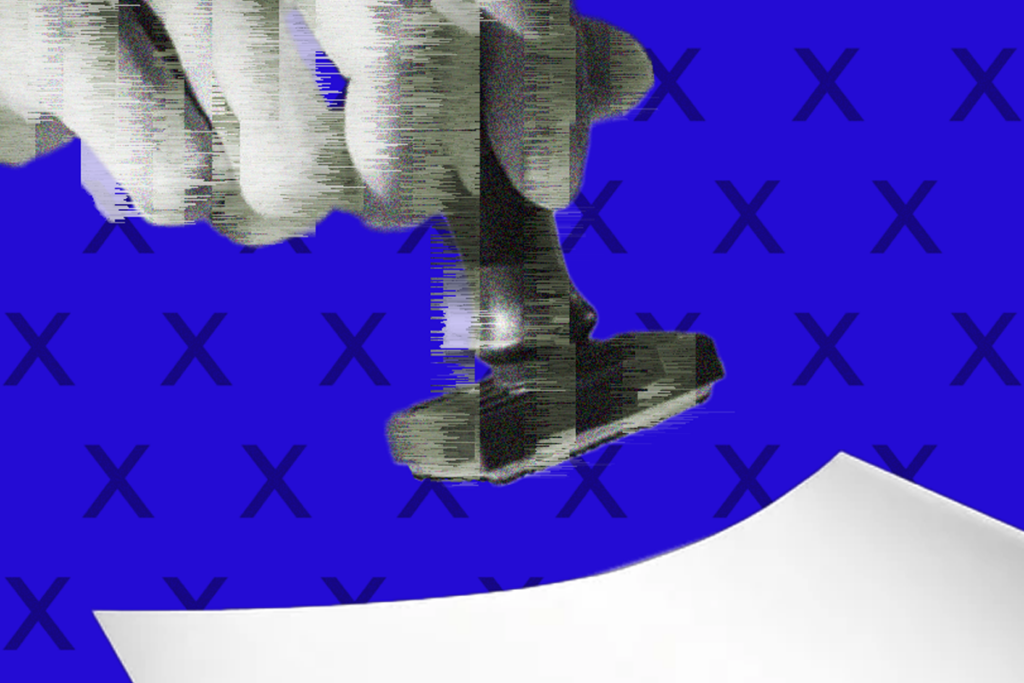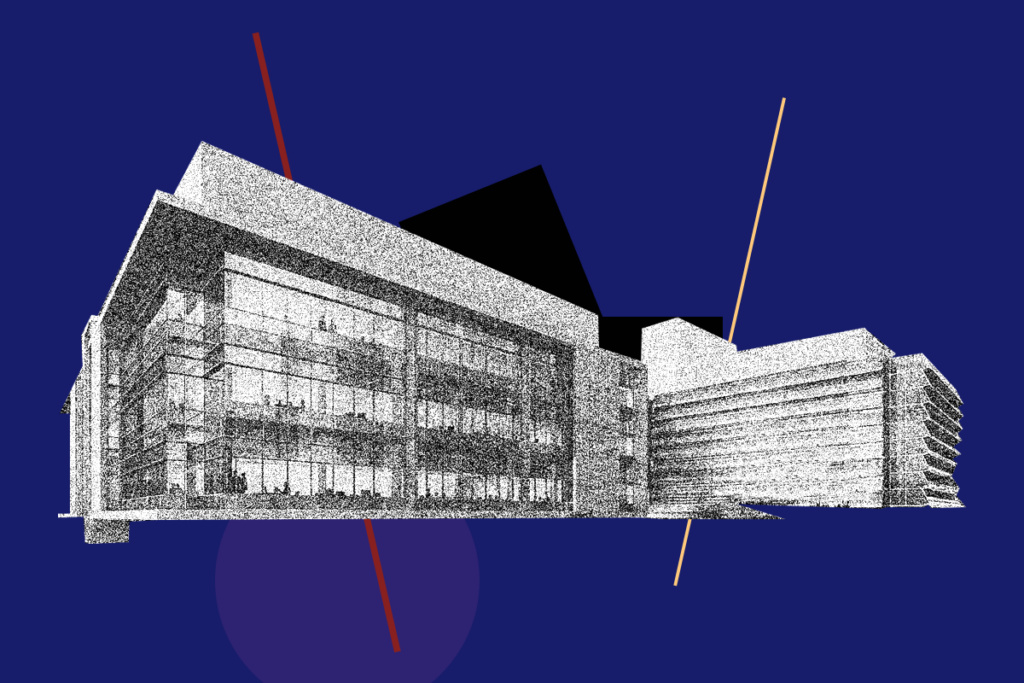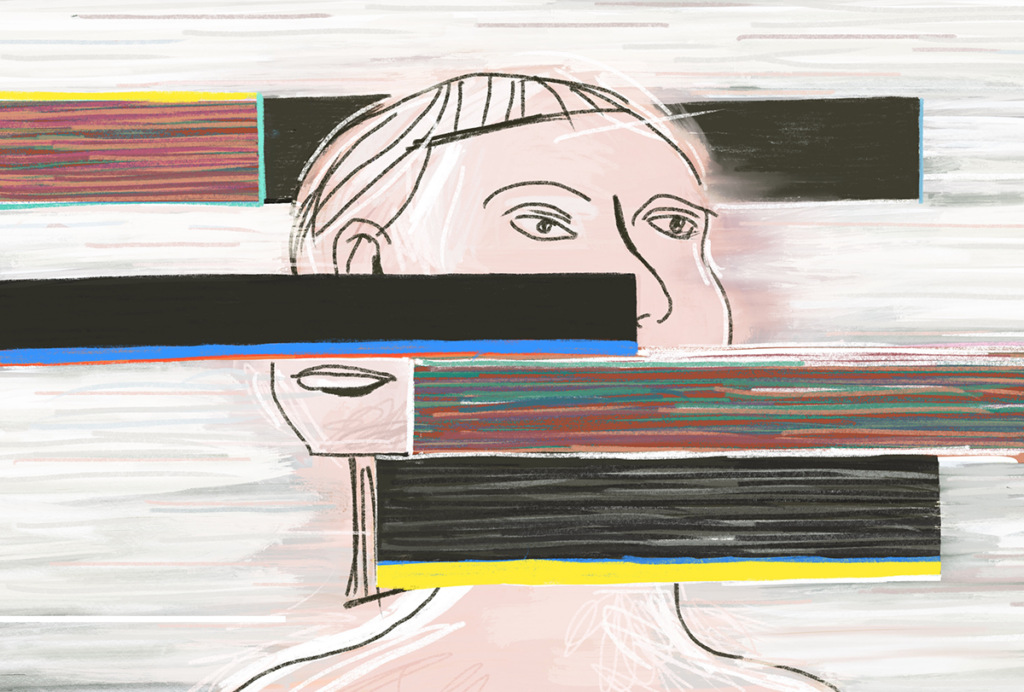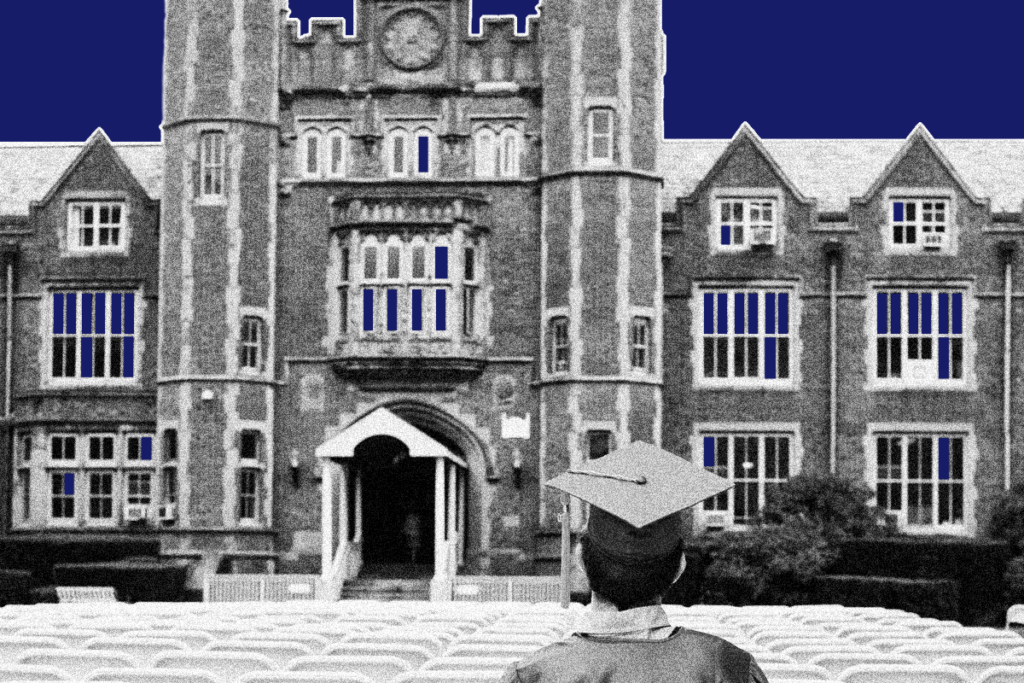Policy
Recent articles
Coding error caused layoffs at National Institute of Neurological Disorders and Stroke this week, source says
Thirty employees—including 11 lab heads—at the institute should “immediately return to work,” according to an email the institute’s Office of Human Resources sent to top administration at the institute Wednesday evening.

Coding error caused layoffs at National Institute of Neurological Disorders and Stroke this week, source says
Thirty employees—including 11 lab heads—at the institute should “immediately return to work,” according to an email the institute’s Office of Human Resources sent to top administration at the institute Wednesday evening.
U.S. health agency purge includes 10 lab heads at National Institute of Neurological Disorders and Stroke
The reasons for selecting these researchers—who have led work on neuronal migration, dopamine receptors in neuronal signaling and the structure of ion channels, among other areas—remain unclear.

U.S. health agency purge includes 10 lab heads at National Institute of Neurological Disorders and Stroke
The reasons for selecting these researchers—who have led work on neuronal migration, dopamine receptors in neuronal signaling and the structure of ion channels, among other areas—remain unclear.
Five things to know if your federal grant is terminated
If you want to appeal the decision, know the rules that govern terminations, as well as the specific rationale given in your notice, science policy experts say.

Five things to know if your federal grant is terminated
If you want to appeal the decision, know the rules that govern terminations, as well as the specific rationale given in your notice, science policy experts say.
The future of neuroscience research at U.S. minority-serving institutions is in danger
Cuts to federally funded programs present an existential crisis for the University of Puerto Rico’s rich neuroscience community and for research at minority-serving institutions everywhere.

The future of neuroscience research at U.S. minority-serving institutions is in danger
Cuts to federally funded programs present an existential crisis for the University of Puerto Rico’s rich neuroscience community and for research at minority-serving institutions everywhere.
El futuro de la investigación neurocientífica en instituciones que sirven minorías está en peligro
Los recortes a los programas financiados con fondos federales representan una crisis existencial para la rica comunidad neurocientífica de la Universidad de Puerto Rico y para la investigación en instituciones que atienden a minorías en todo Estados Unidos.

El futuro de la investigación neurocientífica en instituciones que sirven minorías está en peligro
Los recortes a los programas financiados con fondos federales representan una crisis existencial para la rica comunidad neurocientífica de la Universidad de Puerto Rico y para la investigación en instituciones que atienden a minorías en todo Estados Unidos.
Acting NIH director dismisses five neuroscientists from advisory boards
The letters they received this week did not include a reason for their termination.

Acting NIH director dismisses five neuroscientists from advisory boards
The letters they received this week did not include a reason for their termination.
Keep sex as a biological variable: Don’t let NIH upheaval turn back the clock on scientific rigor
Even in the absence of any formal instruction to do so, we should continue to hold our ourselves and our neuroscience colleagues accountable for SABV practices.

Keep sex as a biological variable: Don’t let NIH upheaval turn back the clock on scientific rigor
Even in the absence of any formal instruction to do so, we should continue to hold our ourselves and our neuroscience colleagues accountable for SABV practices.
Amid confusion around U.S. science, some neuroscientists prepare to rally
Eight neuroscientists at different career stages spoke with The Transmitter about whether they plan to participate in the upcoming “Stand Up for Science” demonstrations across the United States on 7 March.

Amid confusion around U.S. science, some neuroscientists prepare to rally
Eight neuroscientists at different career stages spoke with The Transmitter about whether they plan to participate in the upcoming “Stand Up for Science” demonstrations across the United States on 7 March.
Neuroscience Ph.D. programs adjust admissions in response to U.S. funding uncertainty
Some departments plan to shrink class sizes by 25 to 40 percent, and others may inadvertently accept more students than they can afford, according to the leaders of 21 top U.S. programs.

Neuroscience Ph.D. programs adjust admissions in response to U.S. funding uncertainty
Some departments plan to shrink class sizes by 25 to 40 percent, and others may inadvertently accept more students than they can afford, according to the leaders of 21 top U.S. programs.
Adapt or die: Safeguarding the future of diversity and inclusion funding in neuroscience
As diversity and inclusion funding initiatives crumble, we as neuroscientists need to change how we write grants, better communicate the economic benefits of our work and engage in constructive conflict when necessary.

Adapt or die: Safeguarding the future of diversity and inclusion funding in neuroscience
As diversity and inclusion funding initiatives crumble, we as neuroscientists need to change how we write grants, better communicate the economic benefits of our work and engage in constructive conflict when necessary.
Explore more from The Transmitter
PTEN problems underscore autism connection to excess brain fluid
Damaging variants in the autism-linked gene cause congenital hydrocephalus—a buildup of cerebrospinal fluid in the brain—by turbocharging a downstream signaling pathway that promotes the growth of cells, according to a new study.

PTEN problems underscore autism connection to excess brain fluid
Damaging variants in the autism-linked gene cause congenital hydrocephalus—a buildup of cerebrospinal fluid in the brain—by turbocharging a downstream signaling pathway that promotes the growth of cells, according to a new study.
It’s time to examine neural coding from the message’s point of view
In studying the brain, we almost always take the neuron’s perspective. But we can gain new insights by reorienting our frame of reference to that of the messages flowing over brain networks.
It’s time to examine neural coding from the message’s point of view
In studying the brain, we almost always take the neuron’s perspective. But we can gain new insights by reorienting our frame of reference to that of the messages flowing over brain networks.
Autism traits, mental health conditions interact in sex-dependent ways in early development
Here is a roundup of autism-related news and research spotted around the web for the week of 31 March.

Autism traits, mental health conditions interact in sex-dependent ways in early development
Here is a roundup of autism-related news and research spotted around the web for the week of 31 March.